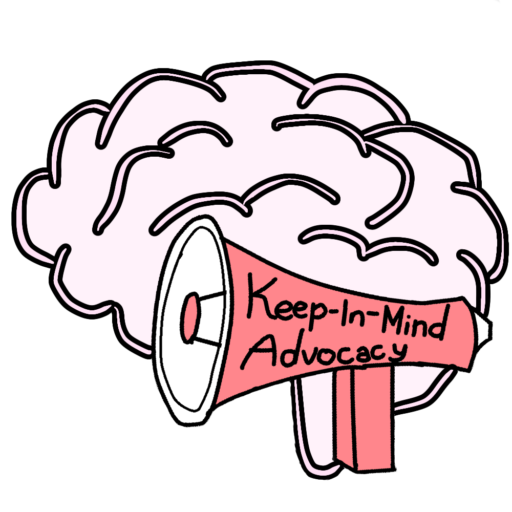Note: This site does not use AI of any form.
This month, I am reaching out to the Premier of Alberta, the Minister of Education, and the Minister of Mental Health and Addiction to voice two interconnected concerns:
- The ongoing effort to remove books with “explicit content” from Alberta schools
- The lack of comprehensive mental health education in the province’s mandatory Career and Life Management (CALM) course
As a university student, a mental health advocate, and someone who has directly experienced Alberta’s education system, I believe it is critical that we recognize how these two issues—literary censorship and curriculum neglect—are not isolated events. They reflect a broader failure to prepare students for the realities of the world we live in.
Book Bans Are Not a Protective Measure—They Are a Silencing One
There is a growing push in Alberta and across North America to restrict access to books in public school systems that include themes of sexuality, trauma, mental health, or identity—particularly 2SLGBTQ+ and racialized perspectives. The justification is often that this material is “explicit” or “inappropriate for children.”
But what is actually being censored are experiences that make some adults uncomfortable, not ones that are inherently harmful to young people. Many of these books are award-winning Young Adult (YA) novels that were written for teenagers and provide invaluable insight, representation, and support.
My recommendation to the Minister of Education and the Premier is simple:
Instead of banning books, create a permission-slip system for flagged content. This allows parents to make informed decisions for their own children without erasing access for everyone else.
Education is not about comfort. It is about learning to understand perspectives beyond our own. In a world where young people are already navigating trauma, identity, and mental illness, we need more access to stories that reflect those realities—not fewer.
CALM Does Not Prepare Students for Life—It Pretends Mental Health Doesn’t Exist
The Career and Life Management (CALM) course is the only mandatory class in Alberta’s high school system that is intended to prepare students for adult life. In theory, it covers health, career planning, and relationships. In reality, it is outdated, ineffective, and largely devoid of mental health education.
I completed CALM in 2021 as a condensed summer course. I do not remember any meaningful discussion of stress, anxiety, panic attacks, neurodivergence, or therapy. I do remember learning how to spot misleading advertising techniques and build a resume. That gap is more than disappointing—it’s dangerous.
Alberta has one of the highest youth suicide rates in Canada (Centre for Suicide Prevention, 2023). Students need more than career planning tools. They need:
- Education about mental illness, neurodivergence, and trauma
- Tools to recognize self-harm, panic attacks, or depressive symptoms
- Information on how to get help, how to offer help, and how to heal
- Curriculum that destigmatizes medication, therapy, and asking for support
This kind of education should not be optional. It should not depend on which school you attend, which teacher you get, or whether your district received temporary pilot funding. It must be permanent, province-wide, and embedded across subjects, starting with a complete overhaul of CALM.
Teachers and Counsellors Cannot Do It Alone
Many schools have guidance counsellors, and many teachers care deeply. But these individuals are often stretched thin—responsible for hundreds of students and expected to manage academic advising, post-secondary planning, crisis response, and emotional support with little backup.
We need:
- Clinical professionals (social workers, psychologists, therapists) embedded in schools
- Mandatory mental health training for educators
- Policies that equip schools to be proactive, not just reactive
Supporting student mental health is a collective responsibility, and that begins with equipping those on the front lines to do so effectively.
What I’m Asking of the Government
In my letters, I have urged the Premier and Ministers to:
- Reject book bans in favour of a parental opt-in system
- Reform the CALM curriculum to include trauma-informed, age-appropriate mental health content
- Fund full-time, in-school mental health staff, beyond temporary pilot projects
- Mandate mental health training for teachers
- Treat mental health education with the same urgency as physical health education
Final Thoughts
The education system should prepare students for the world—not shelter them from it. Alberta’s youth are asking to be seen, heard, and supported. We don’t need more silence. We need books that reflect our stories, teachers who know how to help, and a curriculum that treats mental health as real.
This is the kind of Alberta I want to build. And it starts with leadership that listens.
What are your thoughts? Either comment under this post, shoot me an email (info@keepinmindadvocacy.com), or message me on Instagram (@keepinmindadvocacy or @justjadehill)


No responses yet